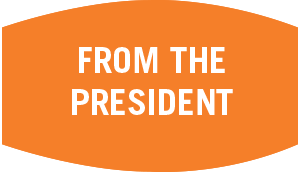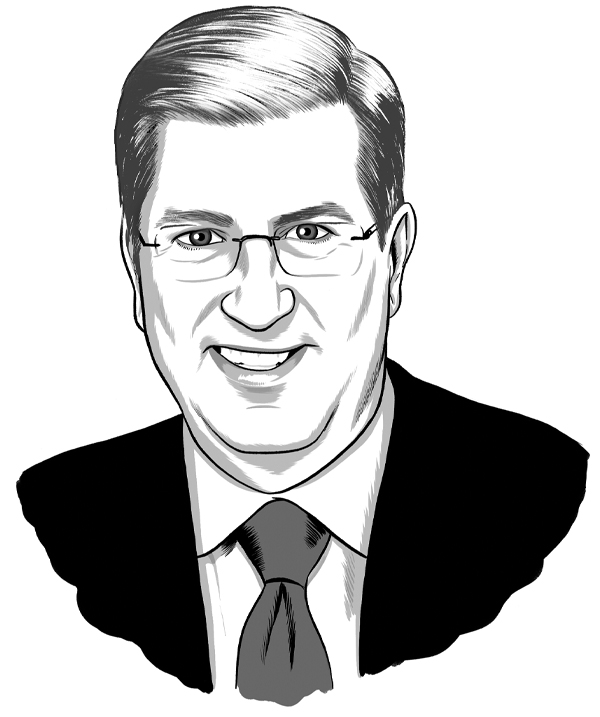

Sustainable Success
I like to say that I ultimately achieved my goal, but I had to become a university president to do it. The Bucknell Farm, planted in 2018 on the south edge of campus, offers 5 acres of opportunity for academic research and civic engagement, as well as thousands of pounds of nutritious produce for the community. It’s one of the many exciting advances the University has made in environmental sustainability — achievements that are gaining recognition. (We define sustainability to include financial and human dimensions as well as environmental ones, but this column will focus on the environment.)
Fortunately, society has evolved and adopted a much more proactive approach to preserving the Earth and its resources for future generations. As scientific understanding of the impact of human activity on the environment has exploded in recent years, so too has an urgency — especially among younger generations — to reduce emissions, pollution and waste.
I’ve observed this philosophical shift both as an educator and as the proud father of four sons — two around 40 and two in middle school. Colleges and universities, including Bucknell, understand that sustainability is a top concern for students. In a December 2022 Inside Higher Ed survey of about 2,000 undergraduates from 114 institutions, 45% said they considered environmental sustainability in their college enrollment decision, and 85% reported that it’s at least somewhat important for their campus to prioritize sustainability.
So a commitment to sustainability is more than a moral obligation for higher ed leaders — it’s an imperative that will determine our legacy and one of the four pillars of Bucknell’s strategic plan. The farm is just one of dozens of advances Bucknell has made to support our sustainability goals, including reaching carbon neutrality by 2030. These successes include interdisciplinary academic offerings that focus on the environment and span all three colleges; an increase in recycling and waste reduction; the terrific work of the Bucknell Center for Sustainability & the Environment; the 7-acre solar farm on West Campus, which meets about 7% of campus electricity needs; the downtown Lewisburg Community Garden; the new 4-mile Bucknell Greenway that rings our beautiful campus; and our multiple LEED-certified facilities.
We’re receiving acclaim for these cumulative efforts. In January, U.S. News & World Report named Bucknell as one of the 14 most environmentally friendly college campuses. Last December, the Princeton Review ranked us among its Top 25 Green Colleges — a jump of 15 spots in just one year. And last summer, Bucknell repeated its STARS Gold Rating from the Association for the Advancement of Sustainability in Higher Education.
I am proud of this transformational change in our campus culture and grateful to the dedicated faculty, staff and students who make it possible, particularly the President’s Sustainability Council and Office of Campus Sustainability — as well as the alumni, families and friends who support our work. We inherited the University we operate today with the understanding that we are protecting and positioning it for a future that will extend long beyond our time here. Ensuring our sustainability is part of that sacred trust.

President